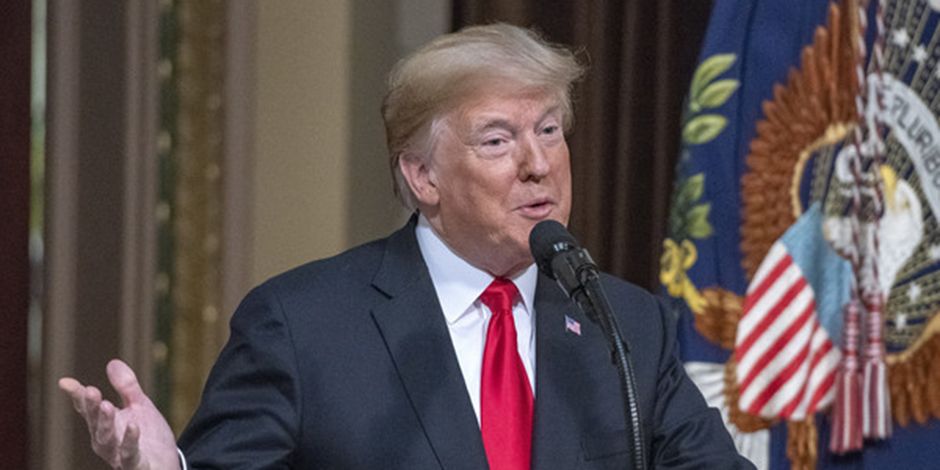
BNP Paribas: Beyond Trump - Understanding De-globalisation
Foto: picture alliance/dpa/CNP
Marktausblick
What impact will de-globalization have on the markets? The Multi Asset Team at BNP Paribas is looking into this question and explaining the investment opportunities.
12.10.2018 | 09:45 Uhr
- Over the past 30-40 years, globalisation has been accelerated by the use of information technology (IT). This process is going in reverse as those who did not benefit from it are pushing for change along various dimensions including trade, immigration and wealth distribution.
- De-globalisation is already in full swing, but it will likely face periods of stress and relief as the demands for change hit the speedbumps of institutional barriers such as international organisations, political pressure, and even financial markets.
- The power struggle between the US and China is one of various consequences of de-globalisation and currently, it has taken the form of a trade conflict. The US-China row goes beyond President Trump, as there is wider recognition within the US that China could pose a threat to US hegemony.
- Our economists estimate that the US-China tariff row will lead to moderately weaker growth and higher inflation. The trade conflict is not clearly visible in the global trade data so far. But it eventually will. We estimate that the damage to the asset prices of open economies could well surpass the loses we have seen year-to-date.
- So far, markets appear to be penalising the risky assets of open economies based on the view that a prolonged trade row will hit trade and economic growth, notably in China. Indeed, we find little evidence that markets are discriminating based on the potential ‘winners and losers’ of the US China trade war.
- Our thesis that US-China tensions are here to stay means that we are strategically bearish on the assets that are exposed to them. We favour, for example, being short CNY vs. JPY and USD. This should work well in the case of a more aggressive escalation of trade tensions as China would let its currency weaken and JPY and USD would rally as risk aversion rises.
- We are also cautious on assets that could suffer if China’s manufacturing engine slows further. Emerging market (EM) equities have generally been hit hard already, but some developed equity markets that have a large share of foreign revenues (e.g. UK, Switzerland and even the US) are vulnerable. The currencies of small exporters such as EM Asia have been resilient so far, but they are vulnerable to further tensions.
- Markets should eventually favour the assets of the potential ‘winners’ of de-globalisation such as the exporters that could fill the China export gap (Mexico, Germany, etc.) and those sectors exposed to domestic demand such as real estate, construction, utilities and leisure.
- More broadly, the era of expanding globalisation and ultra-easy monetary policy is coming to an end. This new environment should bring about higher volatility and greater dispersion in asset returns, which in turn will offer new investment opportunities.




Diesen Beitrag teilen: